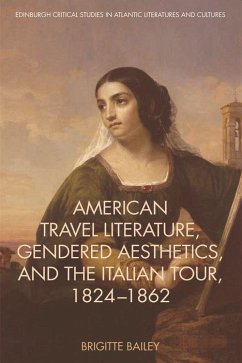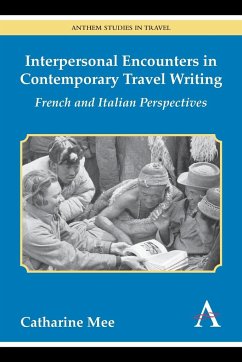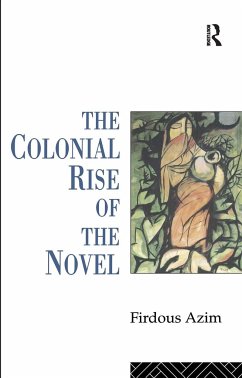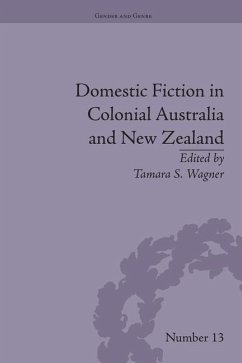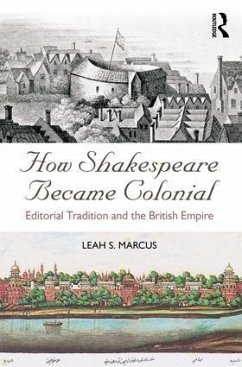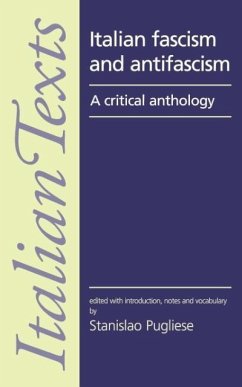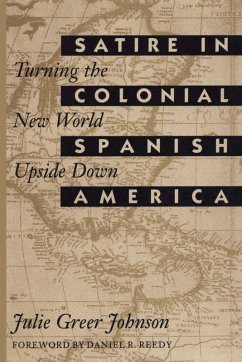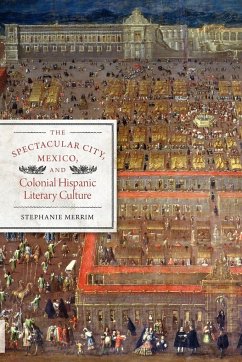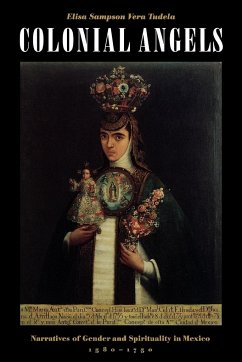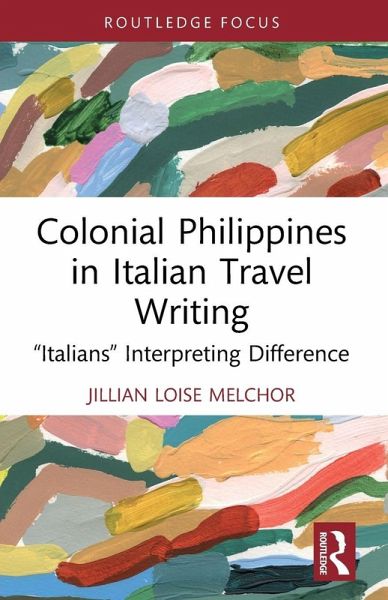
Colonial Philippines in Italian Travel Writing
"Italians" Interpreting Difference
Versandkostenfrei!
Versandfertig in 1-2 Wochen
30,99 €
inkl. MwSt.
Weitere Ausgaben:

PAYBACK Punkte
15 °P sammeln!
The first comprehensive review of all extant 'Italian' chronicles set in the Philippine Islands, this book juxtaposes 'Filipino' Otherness with the unique condition of 'Italian' ambivalence and alterity within Europe.




